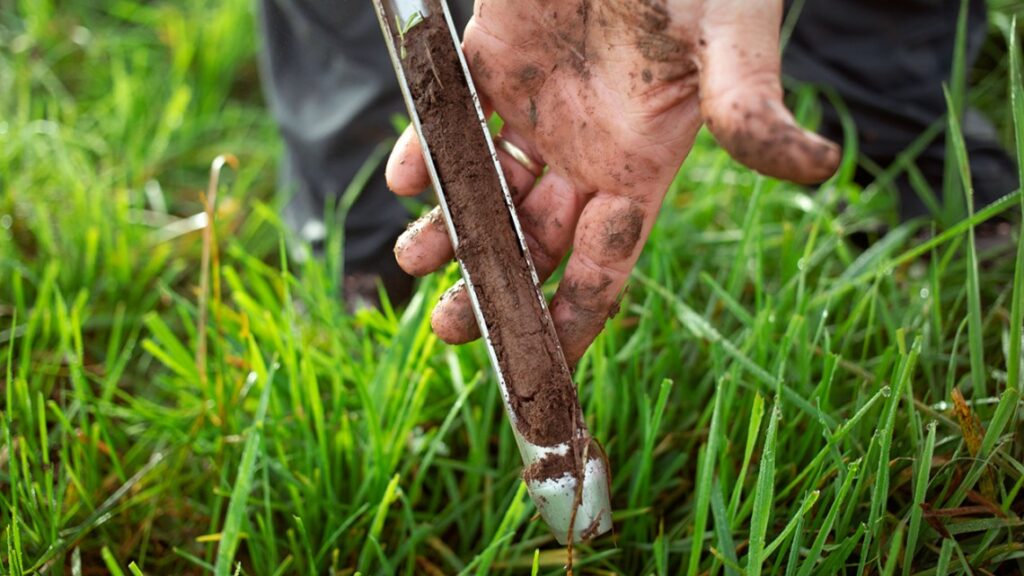Discover how small farmers are innovating to compete with giants like Amazon Fresh, emphasizing sustainability, community, and local authenticity.
Improving the health of the soil on your farm is essential for long-term productivity. Healthy soil is a crucial component of any successful agricultural venture, as it supports stronger plant growth and improved crop yields.
In this blog post, we will delve into the crucial topic of long-term soil health on your farm.
Soil health refers to the ability of soil to sustain life and provide essential nutrients. Healthy soils are characterized by a good balance of organic matter, minerals, water-holding capacity, aeration, pH balance, and microbial activity.
Achieving healthy soil requires careful management practices such as proper tillage techniques, crop rotation, cover cropping, nutrient cycling, and application of organic compost.

Enhancing soil health reaps immense benefits for your farm operation. Improved soil health boosts crop yield and quality while reducing the need for synthetic fertilizers, thereby lowering production costs. Healthier soils are also more resilient to weather extremes and pest attacks.
Rotating your crops is an effective way to improve soil health. Each crop's unique nutrient demand impacts the soil's fertility, and by rotating crops on a regular basis, you can keep the levels of nutrients balanced in the soil throughout its use.
Crop rotation also helps reduce pest pressure by disrupting their reproductive cycle and increasing beneficial predatory insects like ladybugs.
Cover crops are plants that are planted in between the main crops to protect and improve soil health. They help to prevent erosion, increase organic matter content, reduce weed growth, improve nutrient levels, and add beneficial microorganisms to the soil.
Using cover crops also helps reduce water runoff and conserve water by increasing the infiltration of rainwater into the ground. This improved water infiltration also helps reduce the need for irrigation, saving you money in the long term.
Overgrazing your pastures can reduce the quality of soil and its fertility over time. To improve soil health, practice rotational grazing in which you move your livestock from one pasture to another on a regular basis. This gives the earlier grazed area enough time to recover and regrow forage before it is grazed again.
Rotational grazing helps to improve the quality of forage, reduce soil compaction, and promote better nutrient cycling between plants and livestock.
Tilling your soil excessively or too deeply can disrupt the natural balance of beneficial soil microorganisms. To promote healthy soils, minimize tillage as much as possible and only till shallowly when necessary.
No-till farming is an effective way to conserve soil health by reducing erosion and runoff, improving water infiltration, and increasing organic matter content in the soil.
The use of synthetic fertilizers can be damaging to soil health and should be used only when necessary. Too much fertilizer can degrade soil structure, reduce beneficial microbial activity, and increase the risk of nutrient runoff.
Using organic compost is a better option for improving your soil's fertility in the long term as it adds essential nutrients and increases microbial activity in the soil.
Improving soil health on your farm is essential for long-term productivity and profitability. By using the practices outlined in this blog post, you can ensure that your soil remains healthy and productive over time.
Discover how small farmers are innovating to compete with giants like Amazon Fresh, emphasizing sustainability, community, and local authenticity.
Drive customer traffic to your online farm store with email marketing, social media, in-person tactics, and our tailored solutions. Boost your agricultural business now!
Elevate your winter chicken care with expert tips. Keep your flock warm, healthy, and productive during the chilly months.
